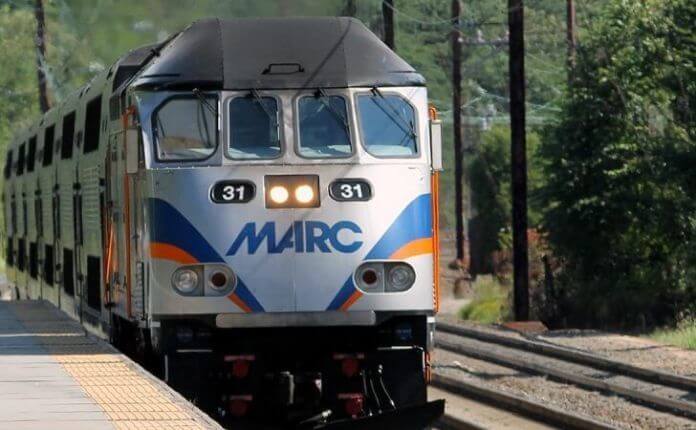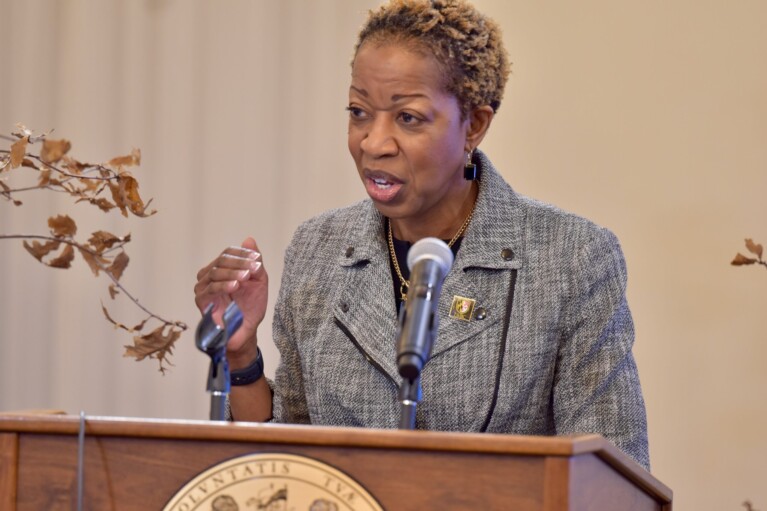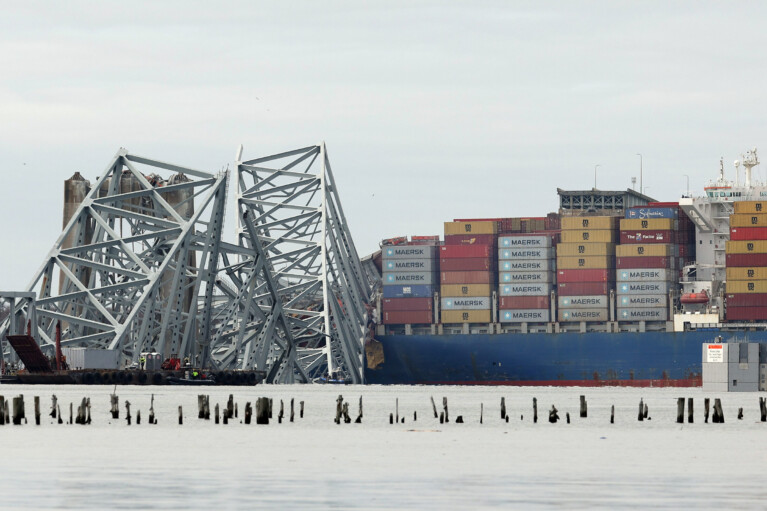State Reverses Some Proposed Transit Service Cuts in Baltimore Area

The Maryland Transit Administration will not move forward with a plan to cut inner-city bus service in and around Baltimore, the agency announced on Wednesday.
The decision to reverse course on the wide-ranging service reductions followed pushback from commuters, employers, families with school-age children and political leaders.
In a statement, Baltimore’s mayor and four surrounding county executives — all Democrats — praised the decision.
“We’re pleased that the state has reversed their decision to balance the budget on the backs of our most vulnerable residents,” they wrote.
“While we understand the significant budget challenges caused by the pandemic, the proposed cuts would have only caused further harm to our residents who are already bearing the brunt of this crisis,” they added. “Moving forward, we must continue to fight for more state funding to reverse generations of underinvestment in transportation across our entire region.”
The statement was signed by Baltimore Mayor Bernard C. “Jack” Young, Baltimore City Council President Brandon M. Scott, Baltimore County Executive John A. Olszewski Jr., Anne Arundel County Executive Steuart Pittman Jr. and Howard County Executive Calvin Ball III.
In late August, the Maryland Transportation Administration announced that 25 local bus routes would be eliminated and 13 others would run less frequently. Officials said the cuts were needed to offset a $3 billion revenue shortfall triggered by the COVID-19 pandemic and the massive move toward telework.
But negative reaction to the proposal led Maryland’s Transportation Secretary Greg Slater to shift gears.
“With the ongoing review of all transit ridership and public feedback, it became clear that preserving core bus service is essential,” Slater said in a statement.
The state is moving forward with reductions in MARC commuter rail and Commuter Bus service because their users are more likely to have access to a car or be able to work from home than most core bus passengers.
“The data shows more choice riders use MARC and Commuter Bus,” Slater said. “This plan allows us to respond nimbly as Maryland’s economy recovers and more choice riders cease teleworking or return to transit. It is very important to me that we work collaboratively and listen openly to all perspectives. This reflects that approach.”
In the fourth week of September, MARC rail ridership was down 89% and Commuter Bus boardings were down 87% from the same week a year ago, MDOT said. Core local bus ridership was down a comparatively smaller amount — 51%.
Across the entire agency, ridership was down 60%.
Because of lighter-than-normal passenger volumes, MTA will reduce the frequency of rail and commuter bus service on Nov. 2:
— MARC will operate on an enhanced “R” service schedule.
— With the exception of Routes 201 and 320, Commuter Bus routes will operate on a “S” schedule.
— Route 201 (service from Gaithersburg to Baltimore/Washington International Thurgood Marshall Airport) will operate only the odd numbered trips on both the weekday and weekend/holiday schedules
— Route 320 (service from Columbia to Baltimore) will operate regular service.
— Local Bus: No changes (Express Bus routes and Local Links 38 and 92 remain suspended)
Transit advocates applauded the decision to leave core bus service intact.
“While I applaud MDOT’s decision to provide the funding that MTA needs to keep core bus service running, that is not the end of the story,” said Del. Brooke E. Lierman (D-Baltimore City) in an interview.
“MTA has been chronically under-funded in both operating and capital budgets. And while we are averting disaster now, there is still a lot more work that needs to be done until we have a truly interconnected, reliable transit system in this state.”
The Maryland Sierra Club called the initial proposal “misguided.”
“We are facing a global climate crisis, a public health crisis, and an economic recession,” said the organization’s transportation representative, Lindsey Mendelson.
“The last thing we should do is cut public transit service,” she added. “We will take a hard look at how MARC commuter rail and Commuter bus service will be impacted. While we’re glad to see some of these cuts reversed, the fundamental problem remains that our region’s public transit system is woefully underfunded and the long-term budget does not even ensure a state of good repair we need for a safe and reliable system.”




 Creative Commons Attribution
Creative Commons Attribution